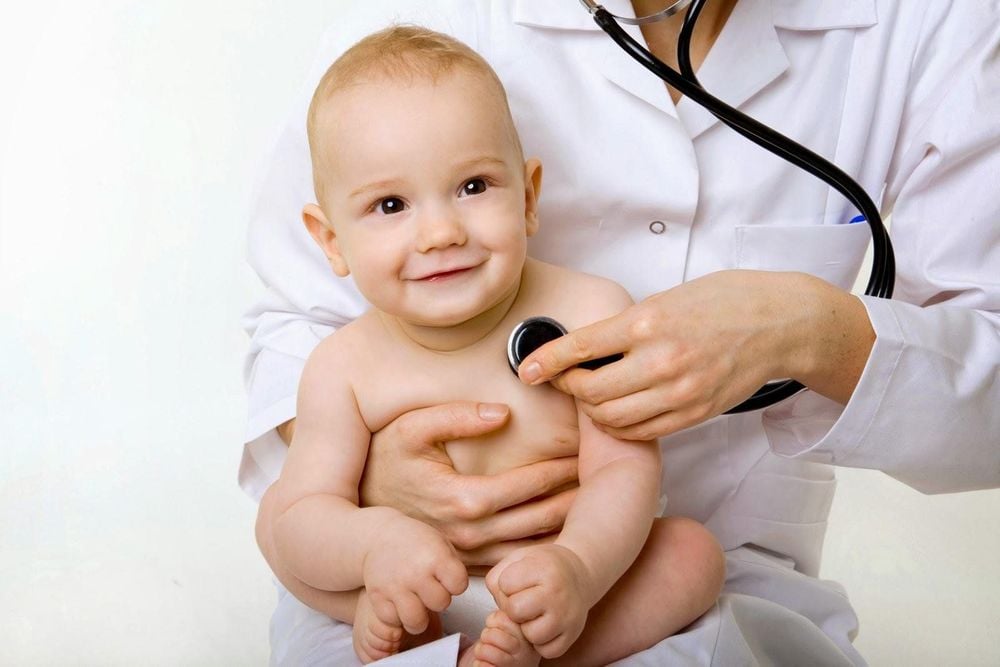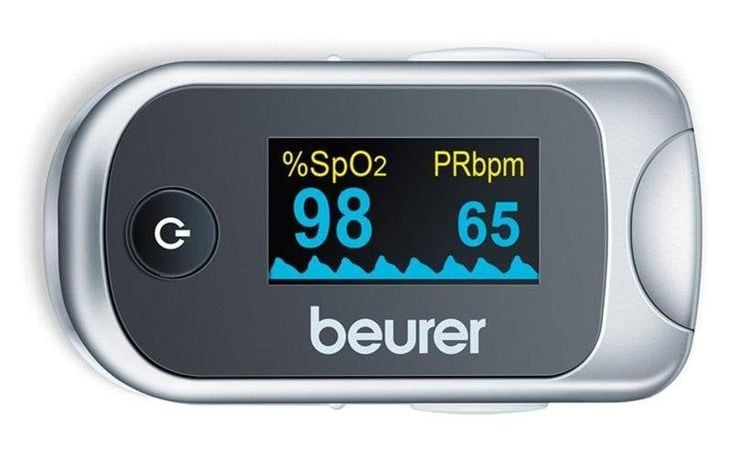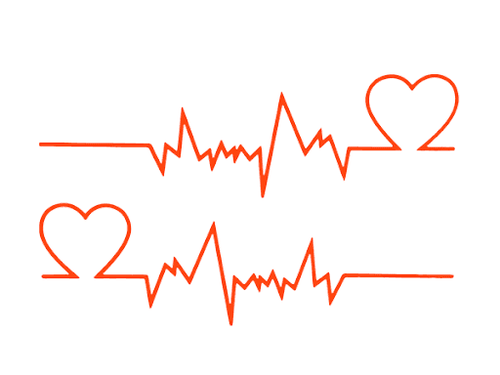This is an automatically translated article.
The article is expertly consulted by the Doctor of Cardiology Interventional Unit, Vinmec Times City International General Hospital.Parents often wonder what is the normal heart rate of children? How to count a child's heart rate? What is the normal heart rate of children by age?
1. What is the normal heart rate of children?
Heart rate is the number of times the heart beats per minute. The average heart rate of a newborn is about 100-160 beats/minute, at 1 year old it is about 80-130 beats/minute and at 6 years old it is about 70-110 times/minute.As the child gets older, the heart rate, breathing rate, and blood pressure will decrease with age. To know what a child's normal heart rate is accurately, it should be measured when the child is awake, not active such as running, jumping or playing. If measured when the baby is crying or active, the baby's heart rate will be higher than normal. The heart rate may also drop below normal while the baby sleeps.

Trắc nghiệm: các chỉ số cần chú ý về sự phát triển thể chất của trẻ
Chiều cao, cân nặng của bé ở từng giai đoạn nên là bao nhiêu là bình thường, bao nhiêu là bất thường? Cùng ThS.BS Ma Văn Thấm điểm lại xem bạn đã nắm được các chỉ số phát triển thể chất của bé chưa nhé!The following content is prepared under supervision of Thạc sĩ, Bác sĩ y khoa, Ma Văn Thấm , Nhi , Phòng khám Đa khoa Quốc tế Vinmec Dương Đông(Phú Quốc)
2. Standard index of heart rate, breathing rate, blood pressure by age
To know the normal blood pressure, breathing rate and heart rate of children by age, parents can refer to the table below.3. What is an irregular heartbeat in a child?
Based on the table above, parents know the normal heart rate of children. So what is an irregular heartbeat?When the heart beats erratically, the heart rate changes according to the breathing rate, sometimes faster, sometimes slower than normal, it is called an irregular heartbeat.
A baby's heart rate is considered too fast when it changes with age as follows:
If the average infant's heart rate exceeds 200 beats/min; Children under 1 year of age with a heart rate exceeding 160 beats/min; Children 1-2 years old with a heart rate exceeding 140 beats/minute; Children 2 - 6 years old with a heart rate exceeding 130 beats/minute; Children 7-12 years old have a heart rate in excess of 120 beats/minute.
4. How to measure your child's heart rate
To know the normal heart rate of children, parents need to measure. There are two ways to measure the child's heart rate as follows:Using a heart rate monitor: Parents choose a quiet place with open space and let the child sit or lie in a comfortable position. Note, parents should measure when the child is calm. If the child has just moved or laughed or cried, parents should wait about 5 minutes when the child's heart rate is stable before measuring. How to manually count baby's heart rate: For this method, parents will place their index and middle fingers on the pulse in the child's neck, wrist or armpit and count the number of pulse beats in one minute. Parents can use the stopwatch function included in the phone or a regular stopwatch to measure the child's pulse.

5. Be careful when the heart rate changes abnormally
The normal heart rate of children varies with age. Irregular heartbeat or abnormal heart rhythm is when a child has an arrhythmia or the heart beats too fast, or too slow, at this time parents need to be careful and pay more attention to monitor the child.5.1 Cardiac arrhythmia
Causes of arrhythmias in children can be due to congenital heart defects such as open or narrow heart valves, or due to changes in the structure of the heart. These defects, if left for a long time, weaken the heart muscle.Some other congenital diseases such as high blood pressure or diabetes also cause arrhythmia in children.
In addition, giving children the wrong medicine, causing side effects, using unsafe food, poisoning, causing electrolyte disturbances, reducing the amount of oxygen in the blood, over-stimulating children also makes children suffer heart rhythm disturbances.
Some common types of arrhythmia in children such as: fast or slow sinus rhythm, atrial fibrillation, atrial flutter, paroxysmal supraventricular tachycardia, ventricular tachycardia, ventricular fibrillation,...
5.2 Heart beats too fast
The cases of the heart beating too fast are when the child is active or under stress, crying, the child's body is heating or bleeding, anemia. Children with shock or myocarditis also cause the heart to beat faster. In addition, in some cases, such as when children take certain drugs, or because of the physiological function of the thyroid gland, the heart rate also increases.
5.3 Heart beat too slow due to Sick Sinus syndrome
Children with Sick Sinus syndrome caused by diseases of the heart muscle or congenital heart disease will have a heart beat too slow, children have movement but the heart rate does not increase.5.4 How to take care of children when they have arrhythmias
In order for children to be healthy, parents need to pay attention to the health of children in general and monitor the normal heart rate of children in particular.Parents should learn the heart rate, breathing rate, blood pressure, disease manifestations by consulting a doctor or from official sources. Take children to regular health check-ups to monitor and prevent diseases. Know how to use a heart rate monitor, stethoscope, or how to manually measure your child's heart rate. Do not arbitrarily give drugs to children without receiving the prescription from the doctor. Develop a scientific and reasonable diet, activities and exercise for children. Teach children how to take care of themselves and protect their own health. The normal heart rate of children is an important indicator to monitor the health of children that parents need to know to take care of their children in the best way. The pediatric department at Vinmec International General Hospital is the address for receiving and examining diseases that infants and young children are susceptible to: viral fever, bacterial fever, otitis media, pneumonia in children ,....With modern equipment, sterile space, minimizing the impact as well as the risk of disease spread. Along with that is the dedication from the doctors with professional experience with pediatric patients, making the examination no longer a concern of the parents.
If you have a need for consultation and examination at Vinmec Hospitals under the nationwide health system, please book an appointment on the website for service.
Please dial HOTLINE for more information or register for an appointment HERE. Download MyVinmec app to make appointments faster and to manage your bookings easily.














